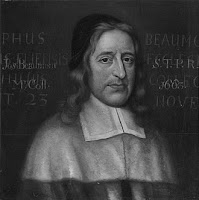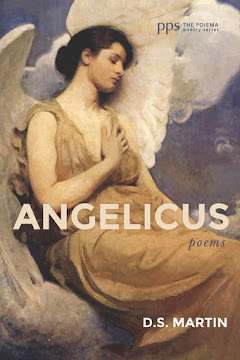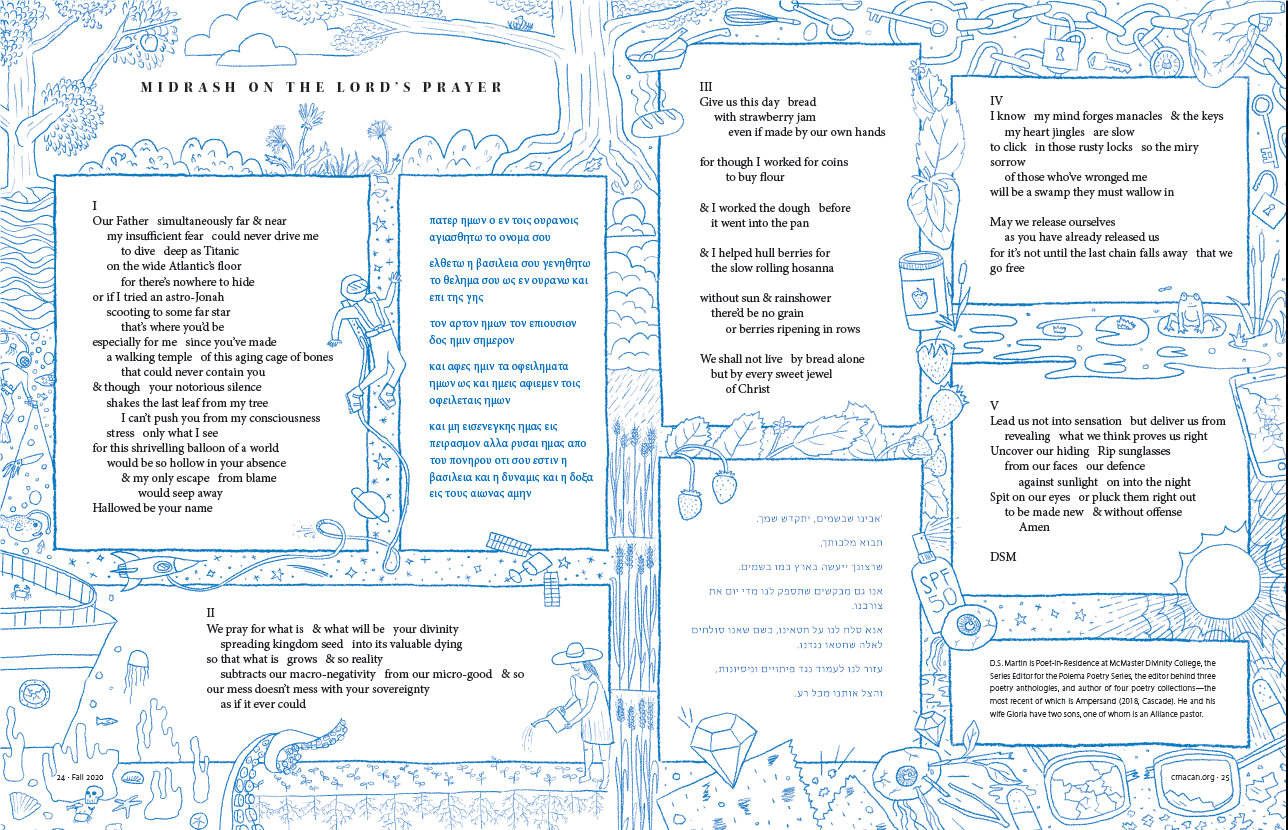Claude McKay (1889—1948) is a significant poet of the Harlem Renaissance. He was born in Jamaica and raised in the Baptist church. His hometown was predominantly black, but when he moved to Kingston he experienced the racism which treated blacks as subservient. After returning home, he had his first two poetry collections published in London: Songs of Jamaica and Constab Ballads.
In 1912 McKay went to the U.S. to attend college, financed through prize money he had received for his first book. By 1914 he moved to New York City, leaving the thought of education behind. Here he, again, was troubled by racism. He spent a couple years in Europe — primarily in Holland, Belgium and London, and by 1921 he returned to New York.
His first novel, Home to Harlem (1928) started McKay’s shift from poetry to fiction, and later to essays. He continued to travel extensively, until the mid-1940s when he moved to Chicago to worked as a teacher for a Catholic organization.
The following poem was recently featured by Victoria Emily Jones in her blog Art & Theology. It is from McKay’s 1922 book Harlem Shadows (Harcourt Brace).
A Prayer
'Mid the discordant noises of the day I hear thee calling;
I stumble as I fare along Earth's way; keep me from falling.
Mine eyes are open but they cannot see for gloom of night:
I can no more than lift my heart to thee for inward light.
The wild and fiery passion of my youth consumes my soul;
In agony I turn to thee for truth and self-control.
For Passion and all the pleasures it can give will die the death;
But this of me eternally must live, thy borrowed breath.
'Mid the discordant noises of the day I hear thee calling;
I stumble as I fare along Earth's way; keep me from falling.
Entry written by D.S. Martin. He is the author of five poetry collections including Angelicus (2021, Cascade) ― a book of poems written from the point-of-view of angels. His books are available through Wipf & Stock.
Monday, February 27, 2023
Monday, February 20, 2023
Jennifer Reeser
Jennifer Reeser is a formalist Louisiana poet who has published five collections, including: An Alabaster Flask, and Sonnets from the Dark Lady and Other Poems, which was a finalist for the Donald Justice Prize.
She has been highly praised by such formalist poets as X.J Kennedy and A.M. Juster, who called her “…our top Native American poet.” As a translator, she has published poetry from Russian (Anna Akhmatova), French, and various Native American languages.
Her recent collection Indigenous (Able Muse Press) was awarded “Best Poetry Book of 2019” by Englewood Review of Books. Her new book Strong Feather is scheduled to appear this March.
The following poem is from Indigenous and was included in the anthology Christian Poetry in America Since 1940 (2022, Paraclete Press).
O Great Spirit
Great Spirit of the God who is alive,
Whose risen Son I seek before the dawn
Who makes the black and gold sunflower thrive
The earthworm loosen soil beneath the lawn;
Great Spirit, grant my late grandmothers’ looks
Attend me while I rub her cherry hutch.
Great Spirit, grant my late grandfather’s books
Preserve his signature I love to touch.
Surround and show to me that massive clouds
Of witnesses ― undauntable or docile.
Allow their countenances to enshroud
My shoulders, spoken of by Your Apostle.
Send generous Nunnehi to my steeple,
Returning me at last to my dark people.
Posted with permission of the poet.
Entry written by D.S. Martin. He is the author of five poetry collections including Angelicus (2021, Cascade) ― a book of poems written from the point-of-view of angels. His books are available through Wipf & Stock.
She has been highly praised by such formalist poets as X.J Kennedy and A.M. Juster, who called her “…our top Native American poet.” As a translator, she has published poetry from Russian (Anna Akhmatova), French, and various Native American languages.
Her recent collection Indigenous (Able Muse Press) was awarded “Best Poetry Book of 2019” by Englewood Review of Books. Her new book Strong Feather is scheduled to appear this March.
The following poem is from Indigenous and was included in the anthology Christian Poetry in America Since 1940 (2022, Paraclete Press).
O Great Spirit
Great Spirit of the God who is alive,
Whose risen Son I seek before the dawn
Who makes the black and gold sunflower thrive
The earthworm loosen soil beneath the lawn;
Great Spirit, grant my late grandmothers’ looks
Attend me while I rub her cherry hutch.
Great Spirit, grant my late grandfather’s books
Preserve his signature I love to touch.
Surround and show to me that massive clouds
Of witnesses ― undauntable or docile.
Allow their countenances to enshroud
My shoulders, spoken of by Your Apostle.
Send generous Nunnehi to my steeple,
Returning me at last to my dark people.
Posted with permission of the poet.
Entry written by D.S. Martin. He is the author of five poetry collections including Angelicus (2021, Cascade) ― a book of poems written from the point-of-view of angels. His books are available through Wipf & Stock.
Monday, February 13, 2023
Joseph Beaumont
Joseph Beaumont (1616―1699) was a college friend of Richard Crashaw at Cambridge, although as a poet is less known. After having received his M.A., he was among those scholars at Cambridge who lost their positions due to Royalist sympathies.
Taking advantage of the time this gave him, he spent eleven months writing his most ambitious poem ― an allegorical piece called Psyche, written in Spenserian stanzas, and consisting of 30,000 lines. The poem represents the soul journeying through difficulties toward eternal peace. It is thought to be the longest poem written in English.
During this period he became the domestic chaplain to Matthew Wren, Bishop of Ely, and married his step-daughter. They had six children, only one of whom survived to adulthood.
At the Restoration in 1660, he was made Doctor of Divinity and one of the king's chaplains. He became Master of Jesus College, Cambridge, and later of Peterhouse College.
The House of the Mind
As earth’s pageant passes by,
Let reflection turn thine eye
Inward, and observe thy breast;
There alone dwells solid rest.
That’s a close immurèd tower
Which can mock all hostile power:
To thyself a tenant be,
And inhabit safe and free.
Say not that this house is small,
Girt up in a narrow wall;
In a cleanly sober mind
Heaven itself full room doth find.
Th’ infinite Creator can
Dwell in it, and may not man?
Here content make thy abode
With thyself and with thy God.
Entry written by D.S. Martin. He is the author of five poetry collections including Angelicus (2021, Cascade) ― a book of poems written from the point-of-view of angels. His books are available through Wipf & Stock.
Taking advantage of the time this gave him, he spent eleven months writing his most ambitious poem ― an allegorical piece called Psyche, written in Spenserian stanzas, and consisting of 30,000 lines. The poem represents the soul journeying through difficulties toward eternal peace. It is thought to be the longest poem written in English.
During this period he became the domestic chaplain to Matthew Wren, Bishop of Ely, and married his step-daughter. They had six children, only one of whom survived to adulthood.
At the Restoration in 1660, he was made Doctor of Divinity and one of the king's chaplains. He became Master of Jesus College, Cambridge, and later of Peterhouse College.
The House of the Mind
As earth’s pageant passes by,
Let reflection turn thine eye
Inward, and observe thy breast;
There alone dwells solid rest.
That’s a close immurèd tower
Which can mock all hostile power:
To thyself a tenant be,
And inhabit safe and free.
Say not that this house is small,
Girt up in a narrow wall;
In a cleanly sober mind
Heaven itself full room doth find.
Th’ infinite Creator can
Dwell in it, and may not man?
Here content make thy abode
With thyself and with thy God.
Entry written by D.S. Martin. He is the author of five poetry collections including Angelicus (2021, Cascade) ― a book of poems written from the point-of-view of angels. His books are available through Wipf & Stock.
Monday, February 6, 2023
Drew Jackson
Drew Jackson is a poet and the founding pastor of Hope East Village ― a church serving Manhattan’s East Village and Lower East Side. His first poetry collection God Speaks Through Wombs: Poems on God’s Unexpected Coming appeared in 2021 from InterVarsity Press. The poems in this collection spring from the first eight chapters of Luke’s gospel. Jackson has been receiving a lot of attention for this book, including through social media and as a finalist in the Christian Book Awards.
When asked why he selected the Gospel of Luke to focus on for these poems, he said, “Luke is intent on centering the voices of the marginalized in his telling of the gospel story. In particular, he brings to the fore the voices of the poor and women in how he tells this story. This was something that I wanted to shape this poetry collection…”
By the time this post goes up, his second book Touch the Earth: Poems on The Way (2023, IVP) will have appeared. It is a follow-up to his first collection, with poems relating to Luke 9 to 24.
The following poem is from God Speaks Through Wombs.
An Opportune Time (Out in these Streets)
Luke 4:13
I remember the day they gave me the talk:
Watch the way you walk,
out in these streets.
Pay attention to how you speak,
out in these streets.
In the car, try not to lean
out in these streets.
No durag, keep yourself clean,
out in these streets.
You won’t know at what moment,
out in these streets.
The man will be riding by,
out in these streets.
You gotta keep yourself ready,
out in these streets.
It will happen at an opportune time,
out in these streets.
Posted with permission of the poet.
This post was suggested by my friend Ryan Apple.
Entry written by D.S. Martin. He is the author of five poetry collections including Angelicus (2021, Cascade) ― a book of poems written from the point-of-view of angels. His books are available through Wipf & Stock.
When asked why he selected the Gospel of Luke to focus on for these poems, he said, “Luke is intent on centering the voices of the marginalized in his telling of the gospel story. In particular, he brings to the fore the voices of the poor and women in how he tells this story. This was something that I wanted to shape this poetry collection…”
By the time this post goes up, his second book Touch the Earth: Poems on The Way (2023, IVP) will have appeared. It is a follow-up to his first collection, with poems relating to Luke 9 to 24.
The following poem is from God Speaks Through Wombs.
An Opportune Time (Out in these Streets)
Luke 4:13
I remember the day they gave me the talk:
Watch the way you walk,
out in these streets.
Pay attention to how you speak,
out in these streets.
In the car, try not to lean
out in these streets.
No durag, keep yourself clean,
out in these streets.
You won’t know at what moment,
out in these streets.
The man will be riding by,
out in these streets.
You gotta keep yourself ready,
out in these streets.
It will happen at an opportune time,
out in these streets.
Posted with permission of the poet.
This post was suggested by my friend Ryan Apple.
Entry written by D.S. Martin. He is the author of five poetry collections including Angelicus (2021, Cascade) ― a book of poems written from the point-of-view of angels. His books are available through Wipf & Stock.
Subscribe to:
Posts (Atom)






















